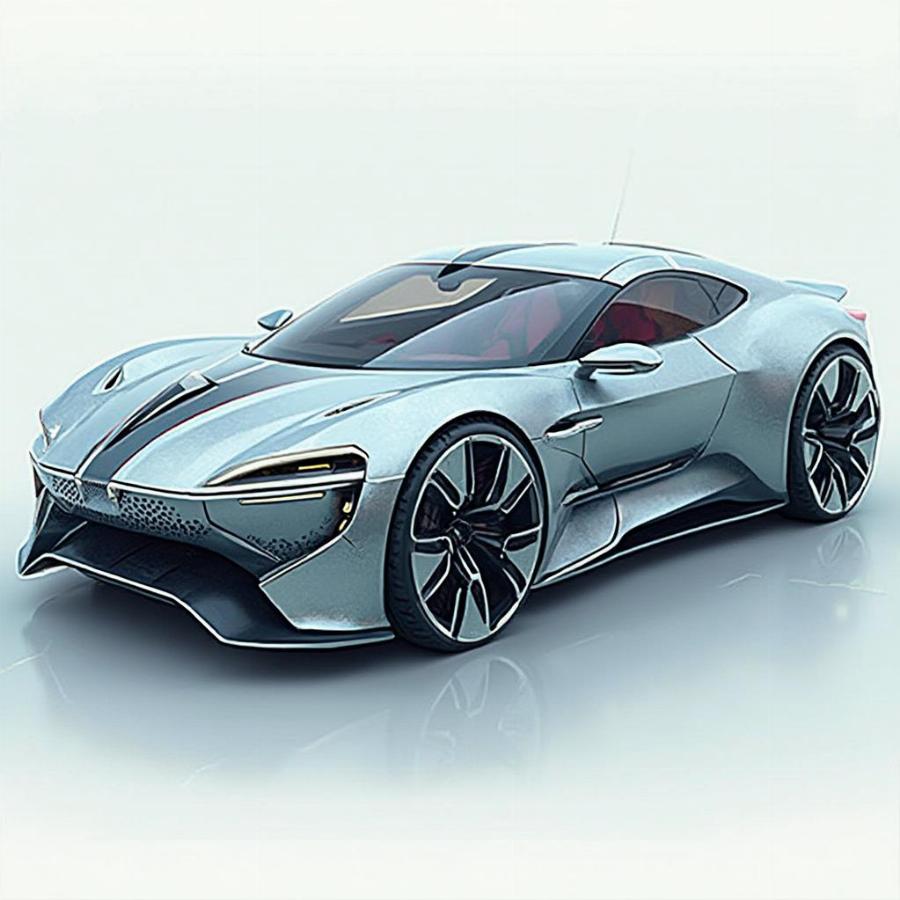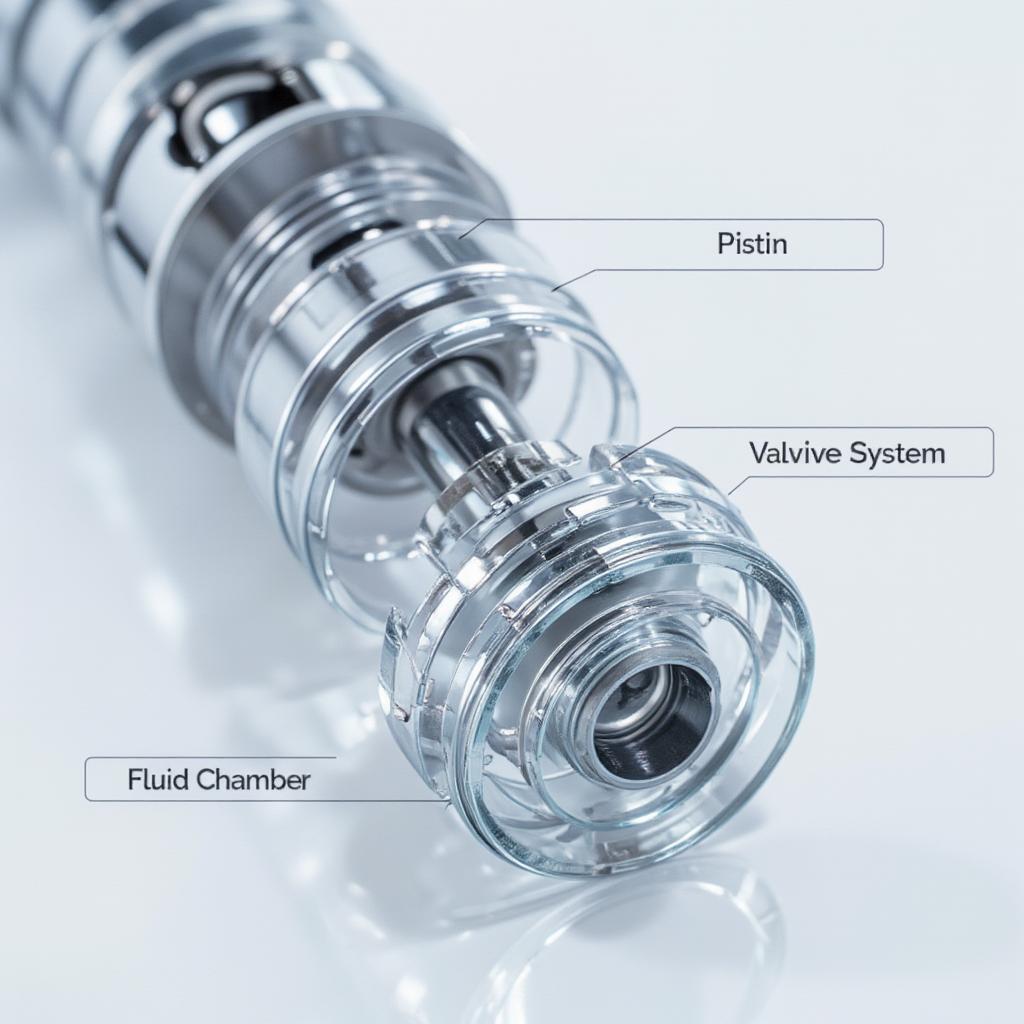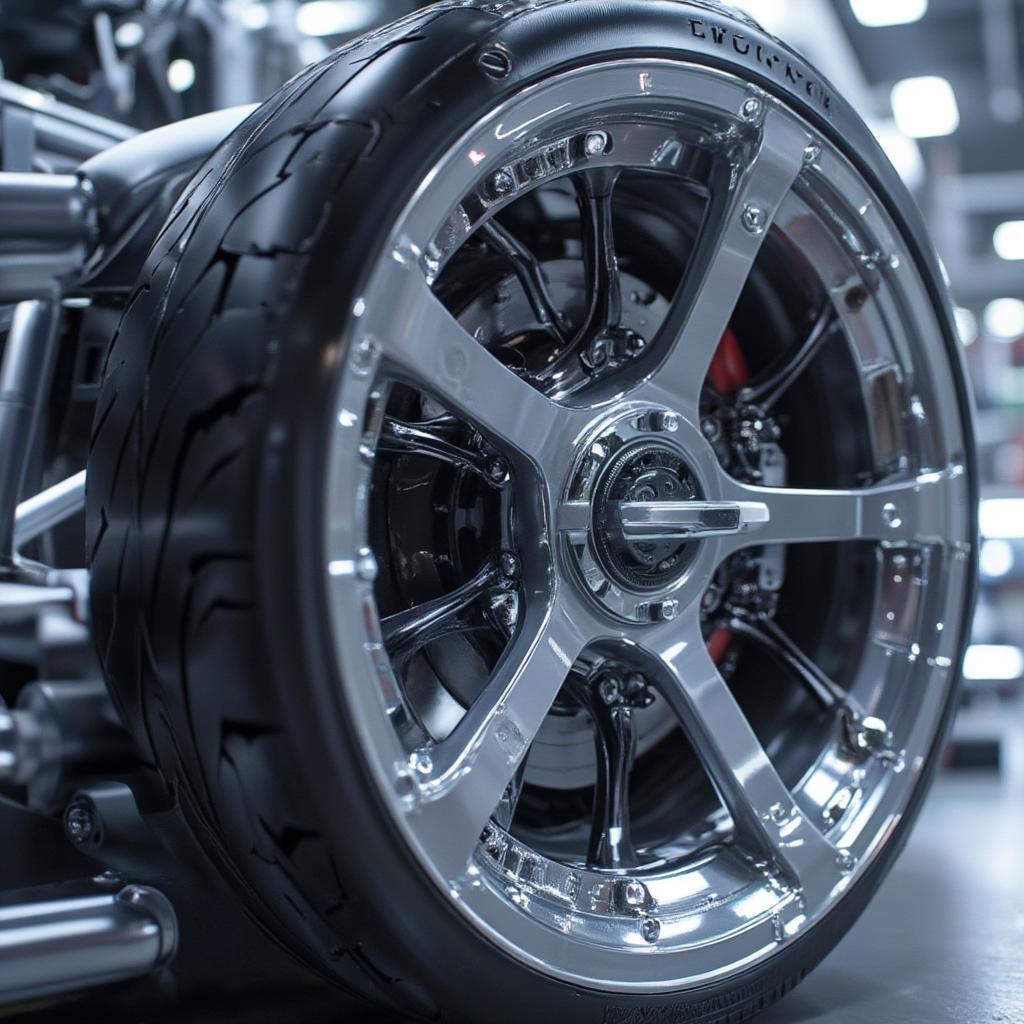Powering the Future: Your Guide to an Electric Car Engineering Degree

An Electric Car Engineering Degree is your gateway to shaping the future of transportation. This rapidly evolving field offers exciting opportunities for aspiring engineers to design, develop, and innovate the next generation of electric vehicles. From battery technology to power electronics and motor control systems, this degree equips you with the skills and knowledge to drive the electric vehicle revolution.
Why Choose an Electric Car Engineering Degree?
The automotive industry is undergoing a massive transformation, with electric vehicles at the forefront. This shift presents a unique opportunity for talented engineers to contribute to a more sustainable and efficient future. An electric car engineering degree provides you with specialized knowledge in areas like:
- Electric Powertrain Systems: Learn how to design and optimize electric motors, inverters, and transmission systems for maximum performance and efficiency.
- Battery Technology: Gain a deep understanding of battery chemistries, management systems, and charging infrastructure, crucial elements for the future of electric mobility.
- Vehicle Dynamics and Control: Explore the principles of vehicle handling, stability, and control, specifically tailored to the unique characteristics of electric vehicles.
- Embedded Systems and Software: Develop skills in programming and software development for the complex electronic control units that govern electric vehicle operation.
- Sustainable Manufacturing and Design: Learn how to incorporate sustainable practices into the design and manufacturing processes of electric vehicles.
What to Expect in an Electric Car Engineering Program?
Electric car engineering programs typically combine theoretical coursework with hands-on laboratory experience and real-world projects. You can expect to encounter subjects like:
- Electric Circuit Analysis: Master the fundamentals of circuit analysis, a cornerstone of electrical engineering.
- Power Electronics: Delve into the design and control of power electronic converters, essential for managing the flow of energy in electric vehicles.
- Electric Motor Drives: Learn how to control electric motors and optimize their performance for different driving conditions.
- Battery Management Systems: Gain expertise in designing and implementing battery management systems for optimal performance, safety, and lifespan.
- Vehicle Control Systems: Explore the principles of vehicle control systems and how they are adapted for electric vehicles.
Career Prospects for Electric Car Engineers
Graduates with an electric car engineering degree are highly sought after by automotive manufacturers, technology companies, and research institutions. Potential career paths include:
- Electric Vehicle Design Engineer: Design and develop electric vehicle powertrains, chassis, and other critical systems.
- Battery Engineer: Research and develop new battery technologies and improve existing ones for greater energy density and lifespan.
- Power Electronics Engineer: Design and implement power electronic converters and control systems for electric vehicles.
- Software Engineer: Develop software for electric vehicle control units, including autonomous driving features.
- Research Scientist: Conduct research on cutting-edge electric vehicle technologies and contribute to advancements in the field.
How Welcome Shock Naue is Shaping the Future of Electric Vehicle Suspension
Welcome Shock Naue recognizes the crucial role of advanced suspension systems in optimizing the performance, comfort, and safety of electric vehicles. We are at the forefront of developing innovative suspension solutions specifically tailored to the unique demands of electric vehicles, such as:
- Lightweight Suspension Systems: Reducing unsprung mass is critical for improving electric vehicle range and efficiency. Welcome Shock Naue is developing advanced lightweight materials and innovative designs to achieve significant weight reductions without compromising performance or durability.
- Adaptive Suspension Systems: Electric vehicles benefit greatly from adaptive suspension systems that can adjust to varying road conditions and driving styles. Our adaptive suspension technologies provide superior ride comfort, enhanced handling, and improved stability.
Electric Car Engineering: A Driving Force for Innovation
The field of electric car engineering is constantly evolving, with new technologies and innovations emerging at a rapid pace. An electric car engineering degree prepares you to be a leader in this exciting field and contribute to the future of sustainable transportation.
Dr. Emily Carter, a leading expert in electric vehicle technology, emphasizes the importance of specialized education in this field, stating, “The complexities of electric vehicle design require a deep understanding of interconnected systems, from battery chemistry to power electronics and vehicle dynamics. A dedicated degree program provides the essential foundation for success in this dynamic industry.”
Conclusion
An electric car engineering degree is an investment in a future filled with possibilities. By pursuing this specialized education, you’ll be equipped with the skills and knowledge to drive innovation and shape the future of transportation. The electric vehicle revolution is here, and with an electric car engineering degree, you can be at the forefront of this transformative change.

FAQ
- What are the prerequisites for an electric car engineering degree? A strong background in mathematics and physics is typically required, along with a passion for engineering and technology.
- How long does it take to complete an electric car engineering degree? Most bachelor’s degree programs take four years to complete, while master’s degrees typically require an additional two years.
- What are the job prospects for electric car engineers? The demand for electric car engineers is growing rapidly, with excellent job prospects in various sectors of the automotive and technology industries.
- What are the typical salaries for electric car engineers? Salaries vary based on experience and location, but electric car engineers generally earn competitive salaries.
- What are some of the challenges in electric car engineering? Overcoming challenges related to battery technology, charging infrastructure, and range anxiety are key areas of focus in the field.
- What is the future of electric car engineering? The future of electric car engineering is bright, with continued advancements in battery technology, autonomous driving, and connected car technologies.
- What are the best universities for electric car engineering? Several universities offer excellent programs in electric car engineering, including specialized research centers and industry partnerships.
- How can I prepare for a career in electric car engineering? Gaining hands-on experience through internships and projects is highly valuable, along with developing strong analytical and problem-solving skills.
- What are some resources for learning more about electric car engineering? Online courses, industry publications, and professional organizations offer valuable resources for staying updated on the latest advancements in the field.




